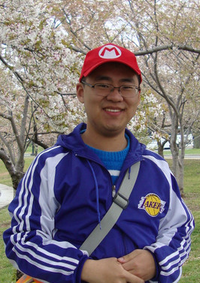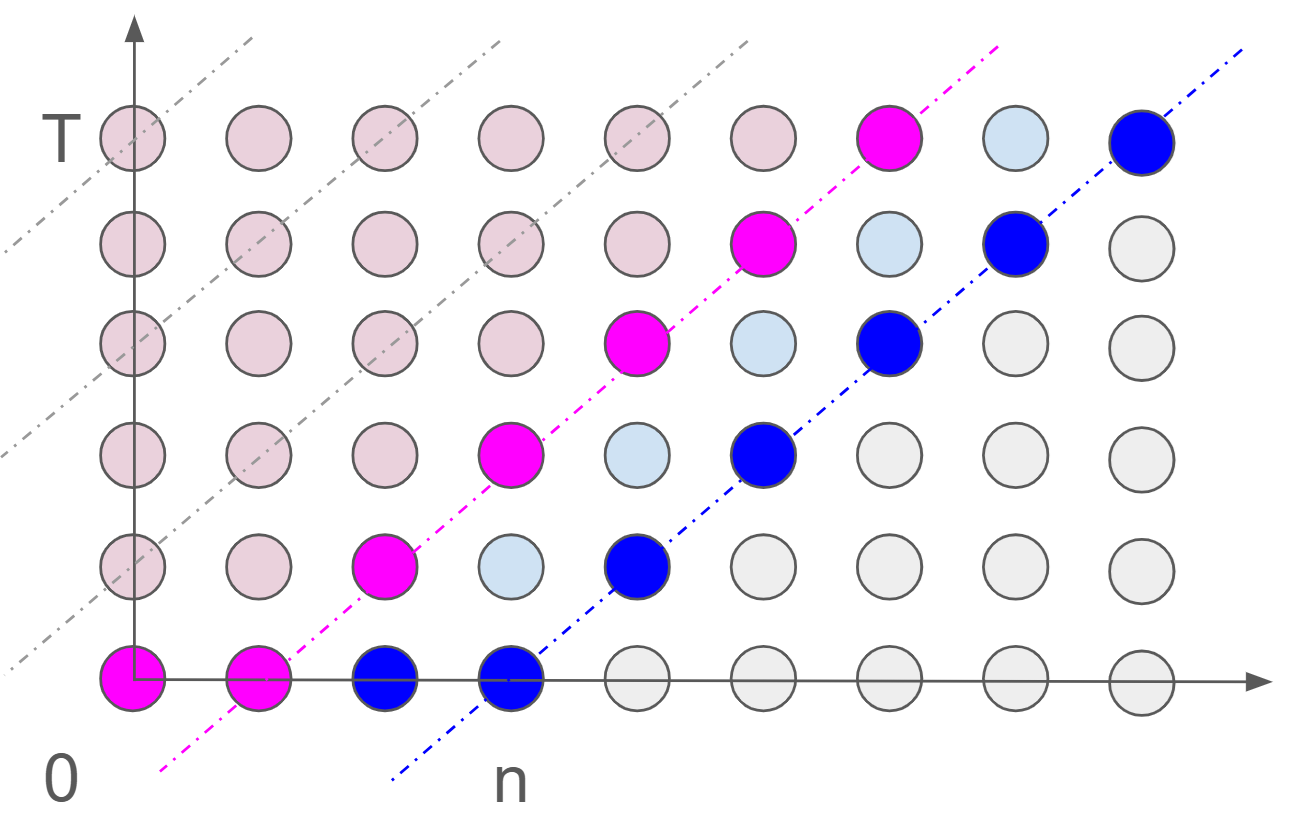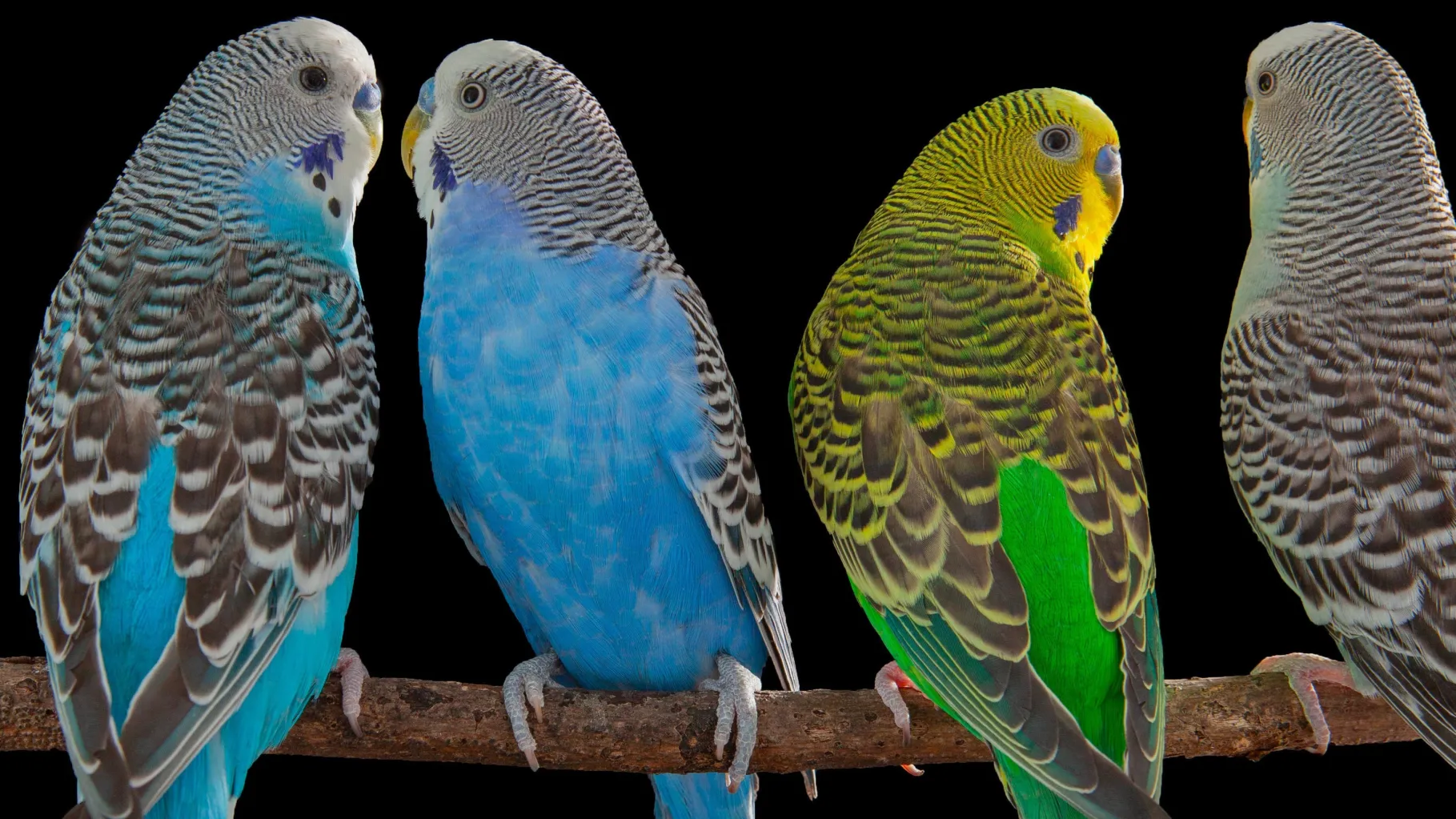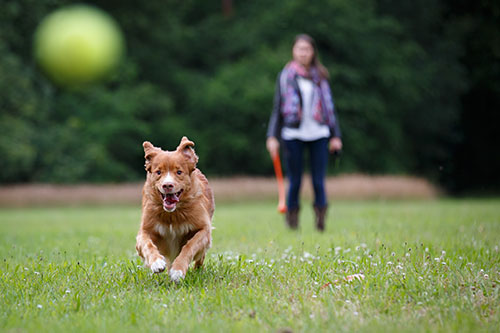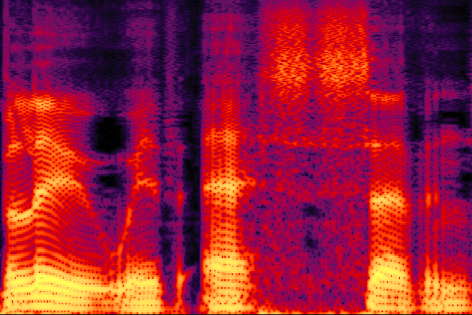| [ICASSP24] |
Wonjune Kang, Yun Wang, Shun Zhang, Arthur Hinsvark, Qing He,
"Multi-task learning for front-end text processing in TTS",
in Proceedings of the IEEE International Conference on Acoustics, Speech and Signal Processing (ICASSP), pp. 10796-10800, Apr. 2024.
(also available on arXiv)
|
| [ICASSP23] |
Yuanbo Hou, Yun Wang, Wenwu Wang, Dick Botteldooren,
"GCT: Gated contextual transformer for sequential audio tagging",
in Proceedings of the IEEE International Conference on Acoustics, Speech and Signal Processing (ICASSP), Jun. 2023.
|
| [2210.16045] |
Jason Fong, Yun Wang, Prabhav Agrawal, Vimal Manohar, Jilong Wu, Thilo Köhler, Qing He,
"Towards zero-shot text-based voice editing using acoustic context conditioning, utterance embeddings, and reference encoders",
arXiv:2210.16045, Oct. 2022.
|
| [Interspeech22] |
Yuanbo Hou, Zhaoyi Liu, Bo Kang, Yun Wang, Dick Botteldooren,
"CT-SAT: Contextual transformer for sequential audio tagging",
in Proceedings of the Annual Conference of the International Speech Communication Association (Interspeech), pp. 4147-4151, Sep. 2022.
(also available on arXiv)
|
| [ICASSP22] |
Sangeeta Srivastava, Yun Wang, Andros Tjandra, Anurag Kumar, Chunxi Liu, Kritika Singh, Yatharth Saraf,
"Conformer-based self-supervised learning for non-speech audio tasks",
in Proceedings of the IEEE International Conference on Acoustics, Speech and Signal Processing (ICASSP), pp. 8862-8866, May 2022.
(also available on arXiv)
|
| [2110.03174] |
Dawei Liang, Yangyang Shi, Yun Wang, Nayan Singhal, Alex Xiao, Jonathan Shaw, Edison Thomaz, Ozlem Kalinli, Mike Seltzer,
"Transferring voice knowledge for acoustic event detection: An empirical study",
arXiv:2110.03174, Oct. 2021.
|
| [Interspeech21a] |
Anurag Kumar, Yun Wang, Vamsi Krishna Ithapu, and Christian Fuegen,
"Do sound event representations generalize to other audio tasks? A case study in audio transfer learning",
in Proceedings of the Annual Conference of the International Speech Communication Association (Interspeech), pp. 1214-1218, Aug.-Sep. 2021.
(also available on arXiv)
|
| [Interspeech21b] |
Ju Lin, Yun Wang, Kaustubh Kalgaonkar, Gil Keren, Didi Zhang, and Christian Fuegen,
"A two-stage approach to speech bandwidth extension",
in Proceedings of the Annual Conference of the International Speech Communication Association (Interspeech), pp. 1689-1693, Aug.-Sep. 2021.
|
| [IJCNN21] |
Yuzhuo Liu, Hangting Chen, Yun Wang, and Pengyuan Zhang,
"Power pooling: An adaptive pooling function for weakly labelled sound event detection",
in Proceedings of the International Joint Conference on Neural Networks (IJCNN), Jul. 2021.
(also available on arXiv)
|
| [ICASSP21] |
Ju Lin, Yun Wang, Kaustubh Kalgaonkar, Gil Keren, Didi Zhang, and Christian Fuegen,
"A time-domain convolutional recurrent network for packet loss concealment",
in Proceedings of the IEEE International Conference on Acoustics, Speech and Signal Processing (ICASSP), pp. 7133-7137, Jun. 2021.
|
| [SLT21] |
Ashutosh Pandey, Chunxi Liu, Yun Wang, and Yatharth Saraf,
"Dual application of speech enhancement for automatic speech recognition",
in Proceedings of the IEEE Spoken Language Technology Workshop (SLT), pp. 223-228, Jan. 2021.
(also available on arXiv)
|
| [ICASSP19a] |
Yun Wang, Juncheng Li, and Florian Metze,
"A comparison of five multiple instance learning pooling functions for sound event detection with weak labeling",
in Proceedings of the IEEE International Conference on Acoustics, Speech and Signal Processing (ICASSP), pp. 31-35, May 2019.
(also available on arXiv)
|
| [ICASSP19b] |
Yun Wang and Florian Metze,
"Connectionist temporal localization for sound event detection with sequential labeling",
in Proceedings of the IEEE International Conference on Acoustics, Speech and Signal Processing (ICASSP), pp. 745-749, May 2019.
(also available on arXiv)
|
| [ESWA19] |
Pierre Laffitte, Yun Wang, David Sodoyer, and Laurent Girin,
"Assessing the performances of different neural network architectures for the detection of screams and shouts in public transportation",
in Expert Systems With Applications, vol. 117, pp. 29-41, Mar. 2019.
|
| [CMU-thesis] |
Yun Wang,
"Polyphonic sound event detection with weak labeling",
PhD thesis, Carnegie Mellon University, Oct. 2018.
|
| [Interspeech18a] |
Yun Wang, Juncheng Li, and Florian Metze,
"Comparing the max and noisy-or pooling functions in multiple instance learning for weakly supervised sequence learning tasks",
in Proceedings of the Annual Conference of the International Speech Communication Association (Interspeech), pp. 1339-1343, Sep. 2018.
(also available on arXiv)
|
| [Interspeech18b] |
Shao-Yen Tseng, Juncheng Li, Yun Wang, Florian Metze, Joseph Szurley, and Samarjit Das,
"Multiple instance deep learning for weakly supervised small-footprint audio event detection",
in Proceedings of the Annual Conference of the International Speech Communication Association (Interspeech), pp. 3279-3283, Sep. 2018.
|
| [Interspeech18c] |
Adrien Le Franc, Eric Riebling, Julien Karadayi, Yun Wang, Camila Scaff, Florian Metze, and Alejandrina Cristia,
"The ACLEW DiViMe: An easy-to-use diarization tool",
in Proceedings of the Annual Conference of the International Speech Communication Association (Interspeech), pp. 1383-1387, Sep. 2018.
|
| [ICASSP18] |
Juncheng Li, Yun Wang, Joseph Szurley, Florian Metze, and Samarjit Das,
"A light-weight multimodal framework for improved environmental audio tagging",
in Proceedings of the IEEE International Conference on Acoustics, Speech and Signal Processing (ICASSP), pp. 6832-6836, Apr. 2018.
|
| [CMU-proposal] |
Yun Wang,
"Polyphonic sound event detection with weak labeling",
PhD thesis proposal, Carnegie Mellon University, Oct. 2017.
|
| [Interspeech17] |
Yun Wang and Florian Metze,
"A transfer learning based feature extractor for polyphonic sound event detection using connectionist temporal classification",
in Proceedings of the Annual Conference of the International Speech Communication Association (Interspeech), pp. 3097-3101, Aug. 2017.
|
| [ICASSP17] |
Yun Wang and Florian Metze,
"A first attempt at polyphonic sound event detection using connectionist temporal classification",
in Proceedings of the IEEE International Conference on Acoustics, Speech and Signal Processing (ICASSP), pp. 2986-2990, Mar. 2017.
|
| [ICMR16] |
Yun Wang and Florian Metze,
"Recurrent support vector machines for audio-based multimedia event detection",
in Proceedings of the ACM International Conference on Multimedia Retrieval (ICMR), pp. 265-269, Jun. 2016.
|
| [ICASSP16] |
Yun Wang, Leonardo Neves, and Florian Metze,
"Audio-based multimedia event detection using deep recurrent neural networks",
in Proceedings of the IEEE International Conference on Acoustics, Speech and Signal Processing (ICASSP), pp. 2742-2746, Mar. 2016.
|
| [ISMIR15] |
Guangyu Xia, Yun Wang, Roger Dannenberg, and Geoffrey Gordon,
"Spectral learning for expressive interactive ensemble music performance",
in Proceedings of the International Society for Music Information Retrieval Conference (ISMIR), pp. 816-822, Oct. 2015.
|
| [ICASSP15] |
Florian Metze, Ankur Gandhe, Yajie Miao, Zaid Sheikh, Yun Wang, Di Xu, Hao Zhang, Jungsuk Kim, Ian Lane, Won Kyum Lee, Sebastian Stüker, and Markus Müller,
"Semi-supervised training in low-resource ASR and KWS",
in Proceedings of the IEEE International Conference on Acoustics, Speech and Signal Processing (ICASSP), pp. 4699-4703, Apr. 2015.
|
| [SLT14] |
Di Xu, Yun Wang, and Florian Metze,
"EM-based phoneme confusion matrix generation for low-resource spoken term detection",
in Proceedings of the IEEE Spoken Language Technology Workshop (SLT), pp. 424-429, Dec. 2014.
|
| [Interspeech14a] |
Yun Wang and Florian Metze,
"An in-depth comparison of keyword specific thresholding and sum-to-one score normalization",
in Proceedings of the Annual Conference of the International Speech Communication Association (Interspeech), pp. 2474-2478, Sep. 2014.
|
| [Interspeech14b] |
Justin Chiu, Yun Wang, Jan Trmal, Daniel Povey, Guoguo Chen, and Alexander Rudnicky,
"Combination of FST and CN search in spoken term detection",
in Proceedings of the Annual Conference of the International Speech Communication Association (Interspeech), pp. 2784-2788, Sep. 2014.
|
| [IROSIS] |
Qin Jin and Yun Wang,
"Integrated robust open-set speaker identification system (IROSIS)",
CMU technical report, May 2012.
|
| [ICASSP11a] |
Yun Wang and Zhijian Ou,
"Combining HMM-based melody extraction and NMF-based soft masking for separating voice and accompaniment from monaural audio",
in Proceedings of the IEEE International Conference on Acoustics, Speech and Signal Processing (ICASSP), pp. 1-4, May 2011.
|
| [ICASSP11b] |
Angeliki Metallinou, Athanassios Katsamanis, Yun Wang, and Shrikanth Narayanan,
"Tracking changes in continuous emotion states using body language and prosodic cues",
in Proceedings of the IEEE International Conference on Acoustics, Speech and Signal Processing (ICASSP), pp. 2288-2291, May 2011.
|
| [THU-thesis] |
Yun Wang,
"Separating singing voice and accompaniment from monaural audio",
bachelor's thesis, Tsinghua University, Jun. 2010. (in Chinese)
|
